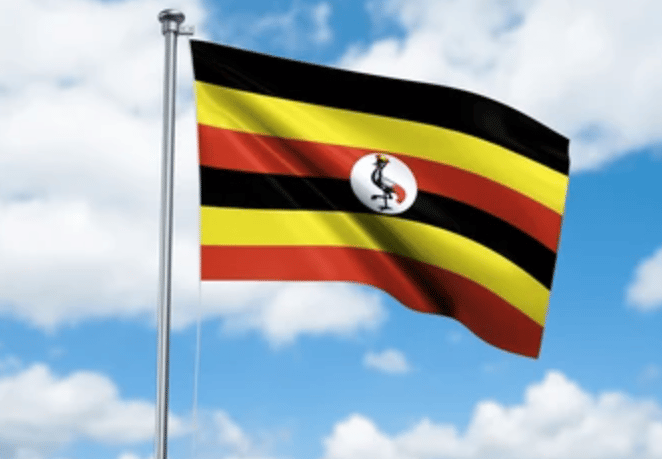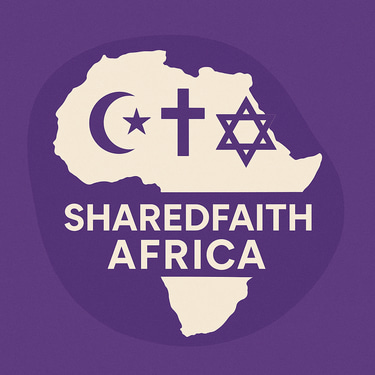Uganda: A national interfaith council that turned trust into infrastructure
NATIONAL INTERFAITH PLATFORMS


Takeaway: Uganda’s interfaith leaders turned trust into a public utility by organizing clergy to carry peace and health messages before crises harden, which appears to reduce the room where rumor and fear take hold.
In Uganda, cooperation across faiths is not a once‑in‑a‑while headline. It is an office you can visit, a phone you can call, a calendar you can check. The Inter‑Religious Council of Uganda (IRCU) began taking shape in March and April 2001, when senior leaders from the Roman Catholic Church, the Church of Uganda, the Uganda Muslim Supreme Council, and the Uganda Orthodox Church met in Kampala with Religions for Peace. The brief was practical and urgent: build a permanent table that could face down the social wreckage of HIV and AIDS, including the care of orphans. Within months, the circle widened to include the Seventh‑day Adventist Church, Born‑Again and Pentecostal bodies, and an alliance of Pentecostals and Evangelicals. That is how IRCU was born.
What does it actually do? It treats trust like public infrastructure. Program pillars include Peace and Governance, Public Health and Social Measures, community mobilization, and platforms for women and youth. Pastoral letters and joint statements are drafted centrally and carried down through parishes, mosques, and congregations. The premise is straightforward. When public life is frayed, people still listen to their faith leaders. If you organize those leaders early, you are more likely to get prevention than cleanup.
You could see that logic at work around the 2011 general elections. In the week before the vote, IRCU convened a national prayer rally at Kololo Independence Grounds. Presidential candidates stood on the same stage and pledged a peaceful process. “We shall use this as a performance tool and hold them accountable,” Archbishop John Baptist Odama told reporters. The point was not pageantry. It was to put a cross‑faith spotlight on norms the candidates themselves had just promised to honor.
That ritual became a habit. In later cycles, IRCU repeated pre‑election campaigns and widened the coalition of signers. By 2024 and 2025, the council was already preparing for the 2026 polls, rolling out a national push for peaceful, credible elections and social cohesion. The prevention mindset held, even as fault lines shifted and the electorate skewed younger.
Public health has been the other proving ground. IRCU’s origin story is tied to HIV. Ugandan practitioners documented faith‑based programs that trained clergy as health educators, built youth curricula, and, through the Islamic Medical Association of Uganda, produced national training guidelines so religious leaders could speak accurately about prevention and care. Multiple studies describe the effect. When imams, priests, and pastors deliver consistent messages, stigma tends to fall and care‑seeking tends to rise. That is not theory. It shows up in household decisions about testing, treatment, and support.
The same playbook reappeared during COVID‑19. Uganda launched vaccination in March 2021, and government advisers explicitly urged the Ministry of Health to work with religious leaders to overcome hesitancy. The UN Joint Programme on AIDS logged IRCU’s contribution that year: a pastoral letter that paired COVID risk guidance with messages against gender‑based violence and reminders to maintain access to sexual and reproductive health and HIV services during lockdowns. Member bodies translated and circulated the text. In plain terms, the council converted technical guidance into moral language people already trusted.
There are limits worth saying out loud. Some communities remained skeptical of vaccines despite outreach. In politics, a few clergy voices are seen as partisan, which can blunt impact. Rumor on Facebook or WhatsApp often moves faster than any pulpit. Even so, the pattern appears consistent. A standing interfaith platform can be activated quickly, and that speed seems to narrow the space where indifference grows.
If there is a thread through the council’s first two decades, it is this refusal to let indifference set the tone. Indifference to election rumors. Indifference to stigma around testing. Indifference to a neighbor’s fear of a new vaccine. IRCU’s answer has been to show up early with a united voice, then hand usable tools to the people who already have the microphone every Friday and Sunday. That is not spectacle. It is maintenance, week after week.
Sources (selection)
IRCU history, membership, and programs
The Christian Century on the 2011 Kololo pledges
Ugandan faith‑based HIV program studies and IMAU training guidelines
Uganda’s NITAG advisories and UN Joint Programme on AIDS reporting on IRCU’s COVID‑19 role


